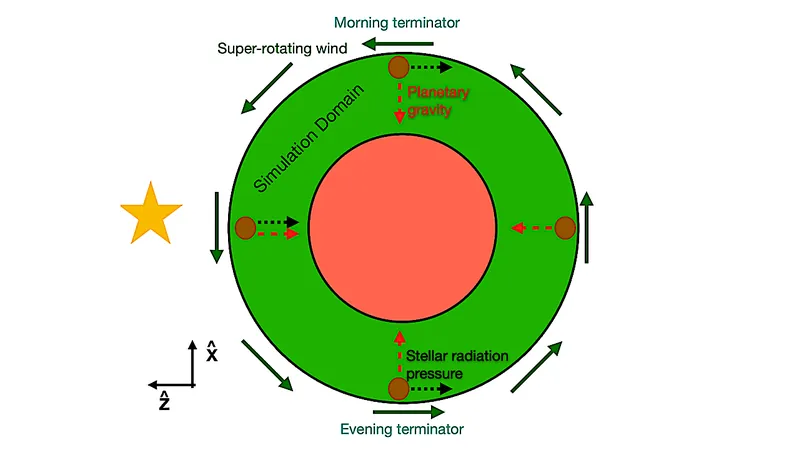
Revolutionary AI Predicts Over 1,000 Diseases Years Ahead—Is Your Health at Risk?
2025-09-19
Author: Wei
Breakthrough in Medical AI Forecasting
In a groundbreaking announcement, scientists revealed on Wednesday that they have developed an advanced AI model capable of predicting medical diagnoses years into the future—using technology akin to that behind popular chatbots like ChatGPT.
Introducing Delphi-2M: A Game Changer for Healthcare
The innovative AI, named Delphi-2M, analyzes a patient's medical history to forecast the likelihood of over 1,000 diseases. This remarkable achievement was detailed in a research paper published in the prestigious journal Nature by a collaborative team from the UK, Denmark, Germany, and Switzerland.
Harnessing Data from the UK Biobank
Researchers trained Delphi-2M using extensive data from the UK Biobank, a colossal biomedical research database that includes information from approximately half a million participants.
Transforming Medical Predictions with Advanced AI
Utilizing neural networks built on transformer architecture, Delphi-2M excels in understanding complex medical data sequences. According to Moritz Gerstung from the German Cancer Research Center, this model interprets patterns in healthcare data—much like grasping the grammar of a language—leading to incredibly relevant and precise health predictions.
Can AI Spot Heart Attack Risks Better Than Traditional Methods?
Gerstung showcased compelling evidence that Delphi-2M could identify individuals at significantly higher or lower risk of heart attacks compared to traditional assessments based solely on age and health history.
Robust Testing, Yet Room for Improvement
To validate its effectiveness, the team tested Delphi-2M against a comprehensive dataset from nearly two million people within Denmark's public health system. Despite these promising results, the researchers emphasized that the AI still requires extensive testing before it can be deemed ready for clinical application.
Challenges Ahead for Broader Application
Experts, including health technology researcher Peter Bannister, noted that both datasets used for training Delphi-2M exhibit biases regarding age, ethnicity, and current healthcare factors. Gerstung acknowledged that while this innovation paves the way for future applications, it's still a significant leap from practical healthcare improvements.
Potential for Preventive Medicine and Resource Optimization
Looking ahead, Delphi-2M could play a vital role in guiding early clinical interventions, effectively pioneering a preventive approach to medicine. Co-author Tom Fitzgerald highlighted its potential for optimizing resources within today's overloaded healthcare systems.
The Future of AI in Medical Predictions
Currently, many physicians use tools like QRISK3 to evaluate the likelihood of heart attacks and strokes. However, Delphi-2M's ability to address multiple diseases simultaneously over extended periods sets it apart. Ewan Birney, another co-author, emphasized its unprecedented capability.
Towards Ethical and Accurate AI Models
Gustavo Sudre, a professor specializing in medical AI at King's College London, noted that this research represents a major stride toward creating scalable, interpretable, and ethically responsible predictive models. Understanding the inner workings of such AI remains a critical focus for researchers worldwide.





 Brasil (PT)
Brasil (PT)
 Canada (EN)
Canada (EN)
 Chile (ES)
Chile (ES)
 Česko (CS)
Česko (CS)
 대한민국 (KO)
대한민국 (KO)
 España (ES)
España (ES)
 France (FR)
France (FR)
 Hong Kong (EN)
Hong Kong (EN)
 Italia (IT)
Italia (IT)
 日本 (JA)
日本 (JA)
 Magyarország (HU)
Magyarország (HU)
 Norge (NO)
Norge (NO)
 Polska (PL)
Polska (PL)
 Schweiz (DE)
Schweiz (DE)
 Singapore (EN)
Singapore (EN)
 Sverige (SV)
Sverige (SV)
 Suomi (FI)
Suomi (FI)
 Türkiye (TR)
Türkiye (TR)
 الإمارات العربية المتحدة (AR)
الإمارات العربية المتحدة (AR)